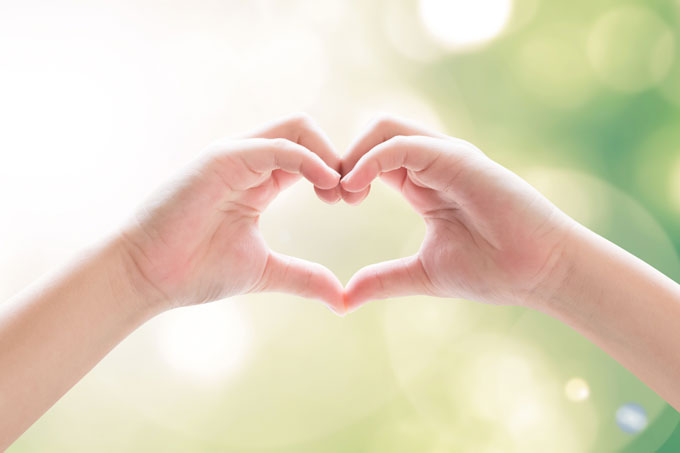Dr Kristy Howells explains how physical activity can help this Mental Health Awareness week.
Kindness is the focus for this week’s Mental Health Awareness Week. The Mental Health Foundation (2020) identified that kindness matters as it strengthens relationships, develops community and deepens solidarity. Being kind to yourself and to others is key especially during these uncertain times as we continue through the pandemic, to help support and maintain positive wellbeing. One of these ways of being kind on a daily basis is remembering to be kind to our bodies through being physically active and moving every day.
The World Health Organisation (2020) emphasises the importance of exercising regularly as a way of having positive mental health. For children it can be harder whilst staying home, to have the same movement opportunities that they would normally have during the school day.
It is important to ensure that children have regular physical activities throughout the day as keeping active every day is good for your body, mind and spirit, and self-esteem. Especially as children may not fully understand the pandemic and have increased levels of anxiety, worry and stress.
In the UK, overall 1 in 4 people experience a diagnosed mental health problem each year according to the MIND survey from 2017. For children, 3 in every classroom have a diagnosable mental health problem according to Youngminds (2019). There are many links between mental health and physical activity levels, and how movement can help support mental health. The All Party Parliamentary Group on Fit and Healthy Childhood report on Mental Health through Movement in 2019 identified the importance of movement in a holistic way to improve and maintain positive physical, social and emotional health. Movement can help remove distress, help develop a positive sense of identify and positive wellbeing.
Physical activities can also help improve sleep, especially for children, we found in our 2018 work that movement through both physical education and physical activity could help aid children who were having sleep difficulties.
We also concluded that physical activity has an important role in protecting young people from mental illness and has the potential to save lives, as it reduces feelings of hopelessness, suicide and self-harm. It is vital to find a physical activity and movement that you enjoy as this will help support your happiness and hope. It doesn’t matter about the space or having any equipment, movement is possible anywhere. Even the WHO (2020) recommends for us to ‘just dance for a few minutes at a time’ for example, perhaps choose your favourite song, and dance, those few minutes will soon add up.
Be kind to yourself allow yourself time and opportunity to look after yourself, your body and help boost your mental health through physical activity and movement.
Stay safe, stay active, stay healthy and most importantly be kind to your body as #KindnessMatters.
Keep up to date with daily lunchtime physical activity sessions with the Christ Church Sport and Active Health team through Facebook, accessible to all, with only equipment you find at home.
Dr Kristy Howells is a Reader Physical Education and Sport Pedagogy, in the Faculty of Education.
 Expert comment
Expert comment Jeanette Earl
Jeanette Earl 1312
1312


